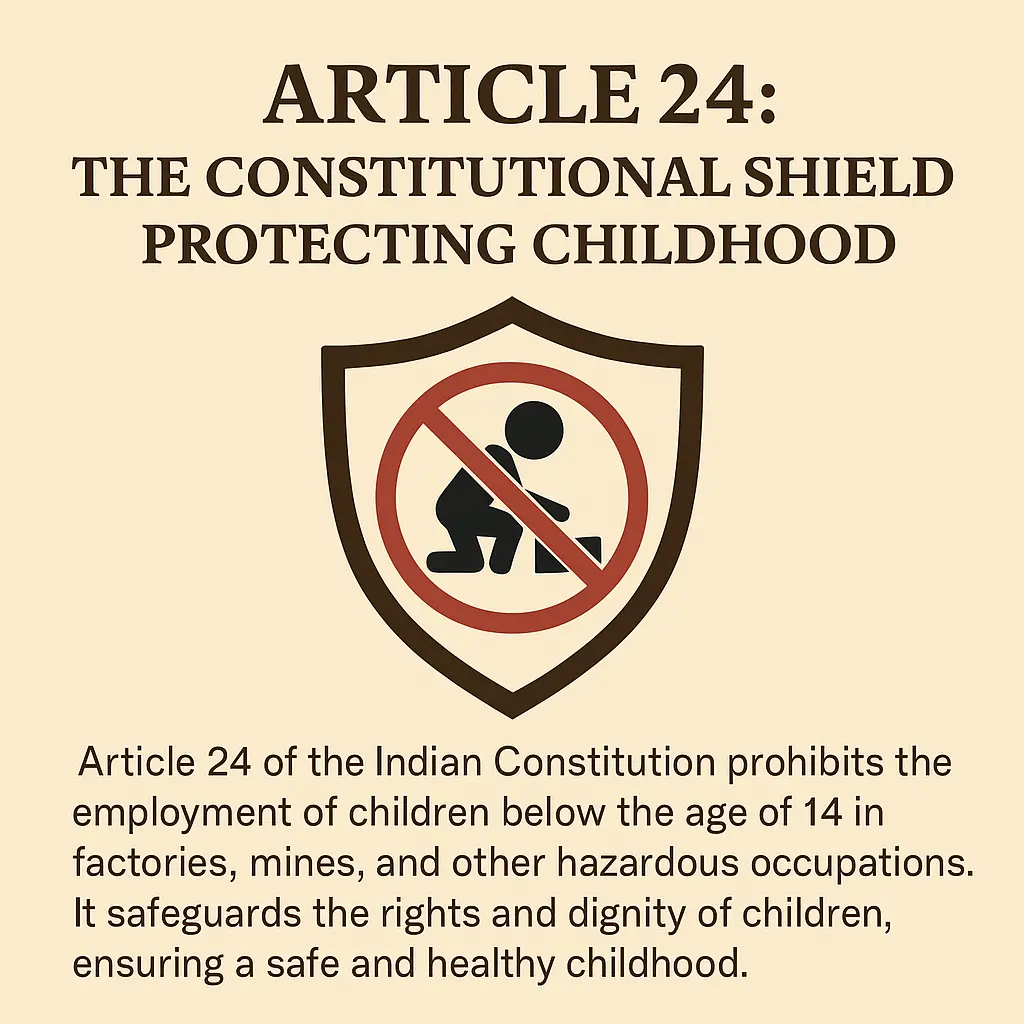20 Mistakes to Dodge and How to Find the Best Coach for You
So, you’ve passed your written exam and that exciting SSB call letter has finally arrived. That’s awesome! The dream of putting on that uniform is so close now.
But first, let’s have a real chat. The Services Selection Board (SSB) interview isn’t your usual test. It’s a five-day journey where they get to know the real you. Honestly, they care more about who you are as a person than just what you know.










